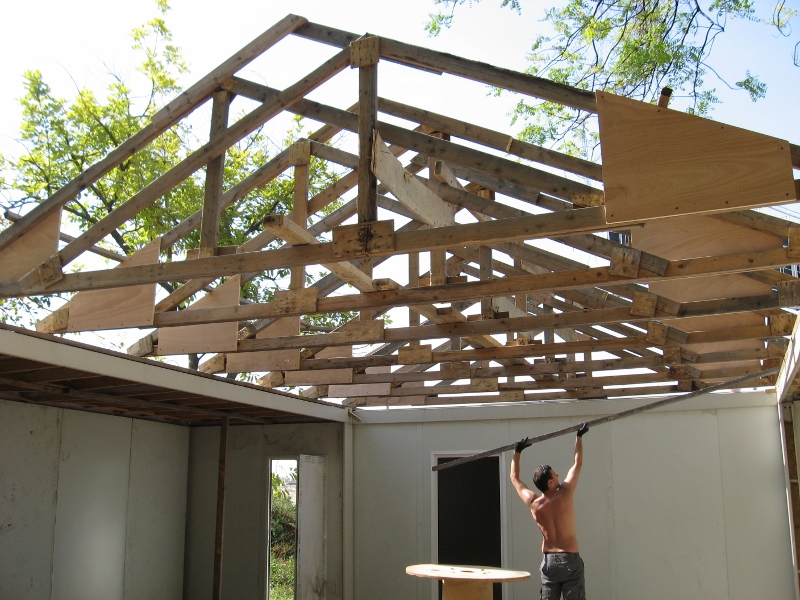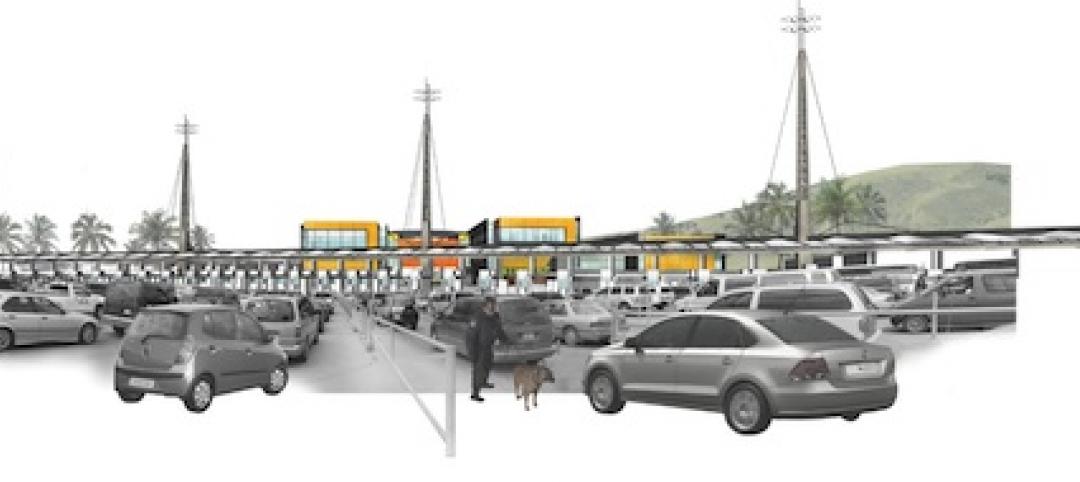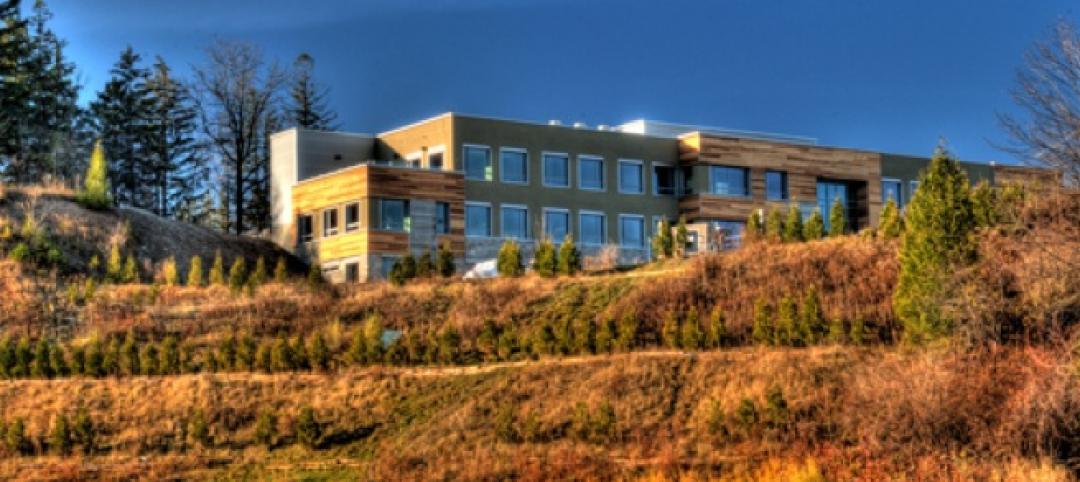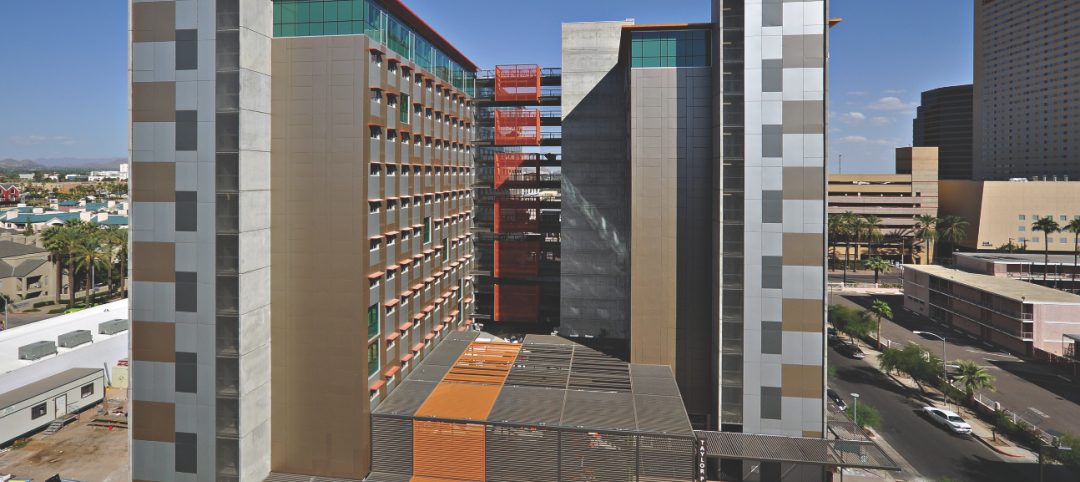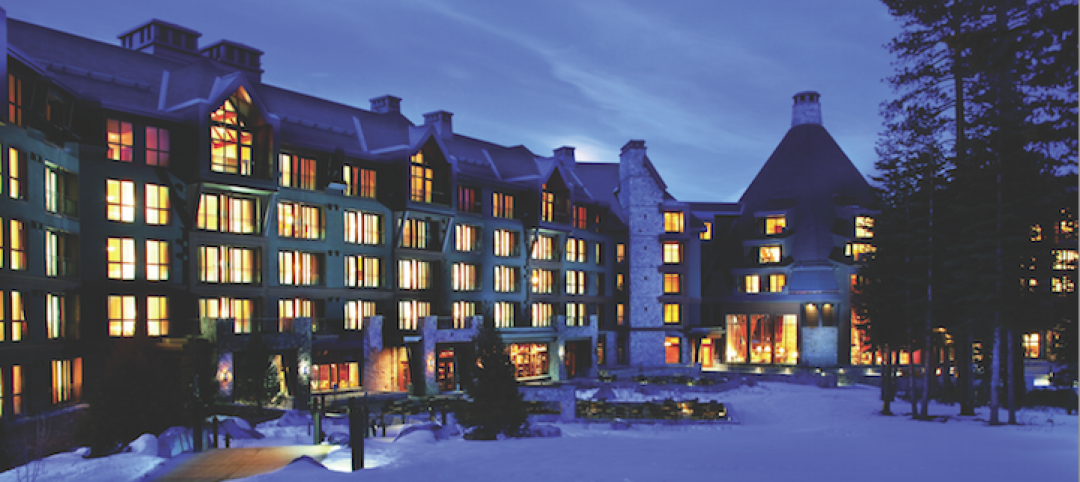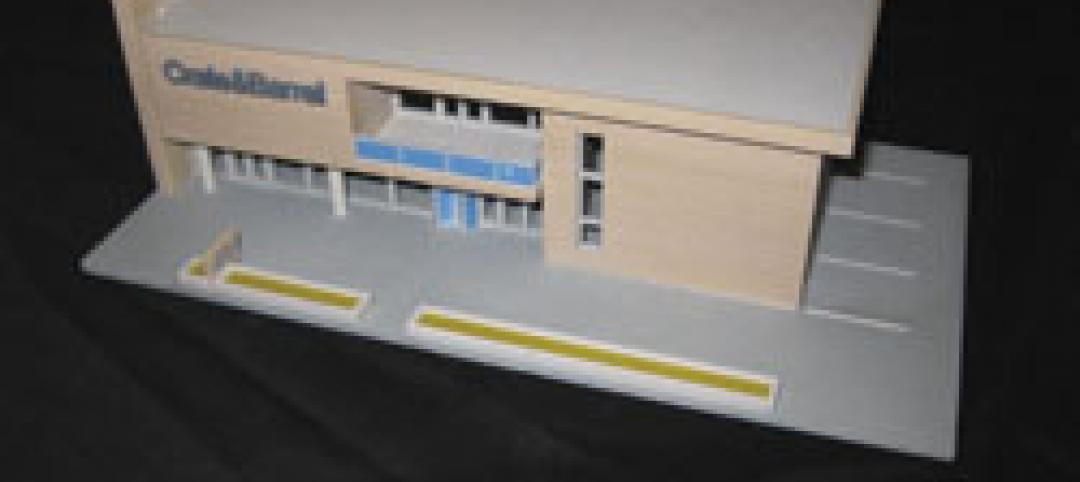The Architects Foundation, along with the American Institute of Architects (AIA) and the Association of Collegiate Schools of Architecture (ACSA), launched a nationwide request for partnership to add three more members to its National Resilience Initiative (NRI). The initiative is a network of resilient design studios that help communities become more resilient to natural disasters and climate change.
Founded in 2013 as a Clinton Global Initiative commitment, the NRI network will gather existing university-based design centers that work planning, facilitation and project implementation within their communities. The NRI’s goal is to pass along resilience design ideas and planning approaches that can be shared with local communities.
Currently, there are three existing NRI studios - Mississippi State (Gulf Coast / Southern Region), The University of Arkansas (Lower Mid-West Region), and the New Jersey Institute of Technology (East Coast Region). The Foundation recently issued its first annual report on what the NRI studios have achieved, and a map of the network and the risks being addressed by each studio can be found here.
In issuing its first request for partnerships, the Foundation searching for three university-led, multi-disciplinary teams to implement the second phase of the NRI. In this phase, the Foundation is looking to find the next three studios for the Mid-Atlantic, Upper Mid-West and Pacific Northwest regions.
“These new studios — along with the three existing NRI studios — will represent the six regional areas of need for resilience planning within the ten federal regions designated as disaster-prone areas by the Department of Housing and Urban Development (HUD) and the Federal Emergency Management Agency (FEMA),” said Architects Foundation Executive Director Sherry-Lea Bloodworth Botop. “These six members will form a strong resilient studio network backbone right where it’s needed most.”
Applications are now being accepted through January 7, 2016. A selection announcement is expected by mid-February. The first annual convening of all six NRI charter members will take place in early May at Architects Foundation headquarters in Washington, D.C.
Related Stories
| Sep 13, 2010
World's busiest land port also to be its greenest
A larger, more efficient, and supergreen border crossing facility is planned for the San Ysidro (Calif.) Port of Entry to better handle the more than 100,000 people who cross the U.S.-Mexico border there each day.
| Sep 13, 2010
Triple-LEED for Engineering Firm's HQ
With more than 250 LEED projects in the works, Enermodal Engineering is Canada's most prolific green building consulting firm. In 2007, with the firm outgrowing its home office in Kitchener, Ont., the decision was made go all out with a new green building. The goal: triple Platinum for New Construction, Commercial Interiors, and Existing Buildings: O&M.
| Sep 13, 2010
Stadium Scores Big with Cowboys' Fans
Jerry Jones, controversial billionaire owner of the Dallas Cowboys, wanted the team's new stadium in Arlington, Texas, to really amp up the fan experience. The organization spent $1.2 billion building a massive three-million-sf arena that seats 80,000 (with room for another 20,000) and has more than 300 private suites, some at field level-a first for an NFL stadium.
| Sep 13, 2010
'A Model for the Entire Industry'
How a university and its Building Team forged a relationship with 'the toughest building authority in the country' to bring a replacement hospital in early and under budget.
| Sep 13, 2010
Committed to the Core
How a forward-looking city government, a growth-minded university, a developer with vision, and a determined Building Team are breathing life into downtown Phoenix.
| Sep 13, 2010
Conquering a Mountain of Construction Challenges
Brutal winter weather, shortages of materials, escalating costs, occasional visits from the local bear population-all these were joys this Building Team experienced working a new resort high up in the Sierra Nevada.
| Sep 13, 2010
Data Centers Keeping Energy, Security in Check
Power consumption for data centers doubled from 2000 and 2006, and it is anticipated to double again by 2011, making these mission-critical facilities the nation's largest commercial user of electric power. With major technology companies investing heavily in new data centers, it's no wonder Building Teams see these mission-critical facilities as a golden opportunity, and why they are working hard to keep energy costs at data centers in check.
| Sep 13, 2010
3D Prototyping Goes Low-cost
Today’s less costly 3D color printers are attracting the attention of AEC firms looking to rapidly prototype designs and communicate design intent to clients.
| Aug 11, 2010
Cubellis principals reorganize as CI design
Former principals of Cubellis Inc. have formed ci design "with a stellar group of projects in the United States and internationally," states John Larsen who, with Richard Rankin and Christopher Ladd, is leading the architecture and planning firm.
| Aug 11, 2010
Leo A Daly changes name of STH, completes acquisition
LEO A DALY has changed the name of STH Architectural Group to the name of its parent company, Leo A Daly. STH was acquired in February 2009 as a strategic move to accelerate growth in its core business sectors and to strengthen the firm's presence in the Florida market.


